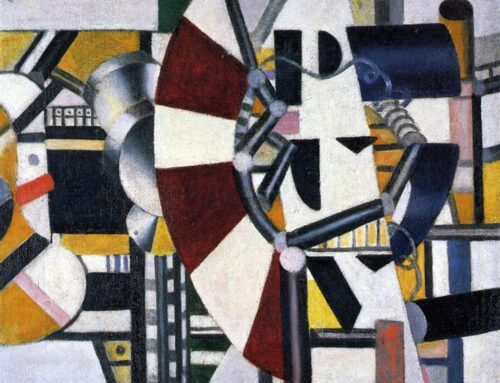On science and the humanities, of and in the world: how closely related are the investigations of the sciences and the humanities?
They may begin at a common origin, but they diverge and specialize with different aims in mind where world making is concerned. Science attempts to make a world that remains invariant across human intentions and human plights. The density of the atmosphere does not, must not alter as a function of one’s ennui with the world. On the other hand, the humanist deals principally with the world as it changes with the position and stance of the viewer. Science creates a world that has an “existence” linked to the invariance of things and events across transformations in the life conditions of those who seek to understand – though modern physics has shown that this is true within very constrained limits. The humanities seek to understand the world as it reflects the requirements of living in it….
For, in effect, the humanities have as their implicit agenda the cultivation of hypotheses, the art of hypothesis generating. It is in hypothesis generating (rather than in hypothesis falsification) that one cultivates multiple perspectives and possible worlds to match the requirements of these perspectives.
To the degree that modern science … also is involved in hypothesis generating, as well as in hypothesis testing, it is akin to the activities of the humanist and artist. That much we know from examining the metaphoric crutches with which the good intuitive scientist proceeds up his abstract mountain. But his object is always to convert those dense metaphors into the transparent, fragile hypotheses of science – or into untestable axioms that will generate hypotheses that, with luck, may be tested.
As for art and humanities, they too are constrained in the kinds of hypotheses they generate, but not by the constraints of testability in the scientists’ sense, and not by the search for hypotheses that will be true across a wide range of human perspectives. Rather, the aim … is that the hypotheses fit different human perspectives and that be recognizable as “true to conceivable experience”: that they have verisimilitude.






Leave A Comment